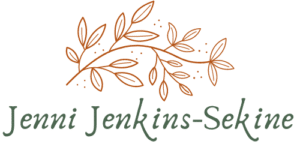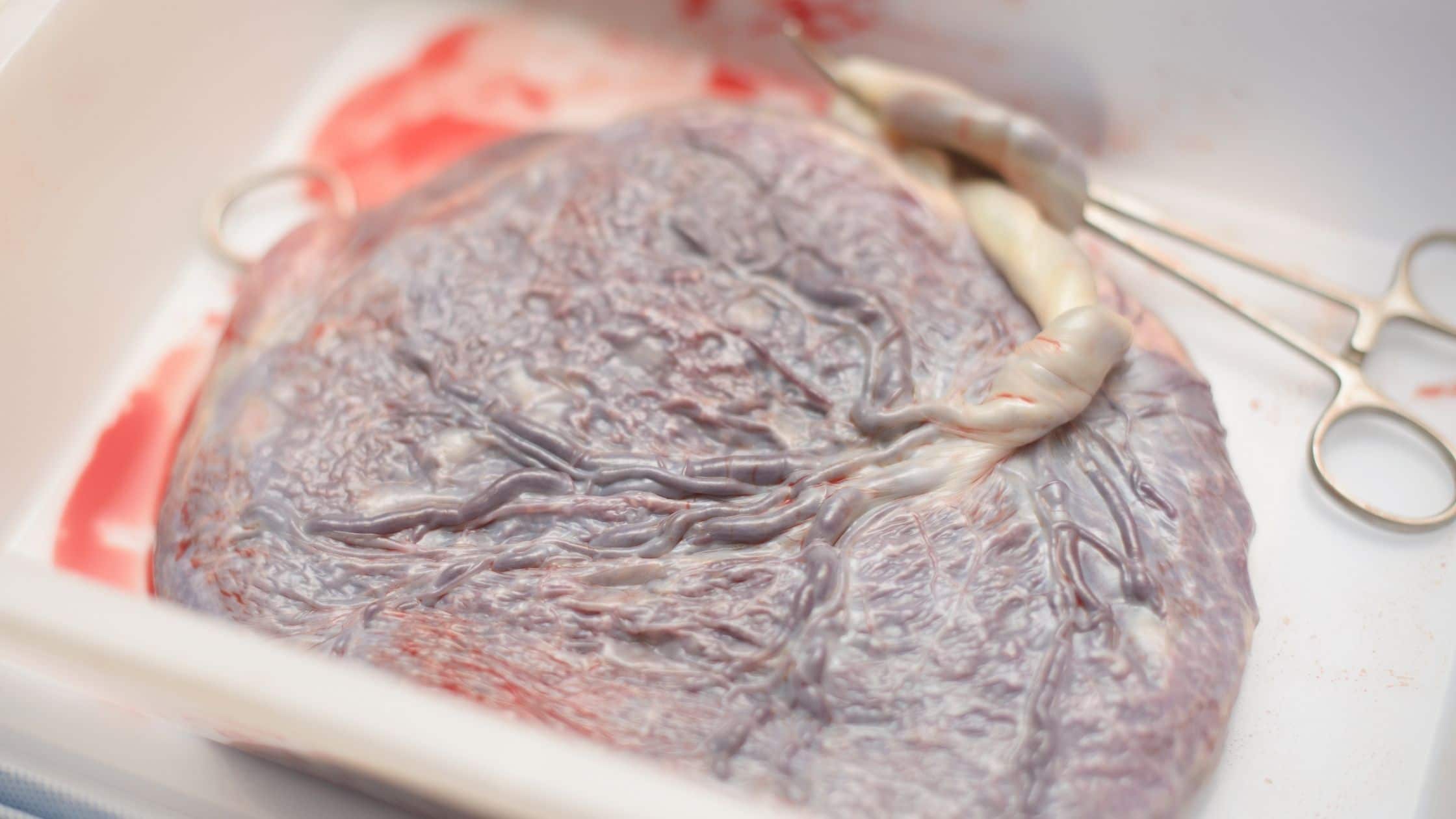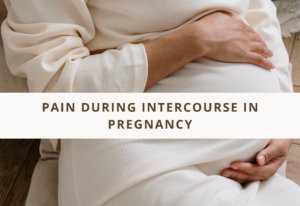What exactly are the benefits of placenta encapsulation? You may have spoken with a friend or family member who has taken advantage of placenta encapsulation and said it was incredibly beneficial for them. I have had several doula clients who have said they felt their placenta pills made a world of a difference in their recovery after birth! From a faster postpartum recovery to increased milk supply, read more about the benefits of taking encapsulated placenta pills in this blog.
What is Placenta Encapsulation?
Placenta encapsulation is a form of placentophagy which is the ingestion of raw or processed placenta (Marraccini). For this particular type of placentophagy, a placenta arts specialist carefully cleans, dehydrates, and processes a client’s placenta into pills that they can take during their postpartum journey. When a trained specialist prepares and encapsulates a placenta, “the commonly used protocols for preparation of placenta for its individual oral ingestion reduce hormone concentrations and bacterial contamination.” (Johnson) This practice is gaining more and more mainstream attention because it may have numerous benefits for women and postpartum persons during their postpartum recovery.
What are the possible benefits of Placenta encapsulation?
Increased milk supply
A study in 1918 found that weight gain in infants breast-fed exclusively by mothers having ingested desiccated placenta was faster than in the control group where placenta was not consumed [Hammet]. This same study found that after mother’s ingested placenta, the amount of protein and lactose in their breastmilk increased. There is still more research that needs to be done today that demonstrates that placenta ingestion can increase the milk supply of those who take it.Prevention of Postpartum Fatigue
Are you looking for ways to have a faster postpartum recovery? One of the biggest contributors to postpartum fatigue is iron deficiency [Troy]. Encapsulated placenta pills contain 24% of your recommended daily amount of iron [GryderHaving adequate levels of iron supplemented during postpartum, a time that people are considered to be at most risk of anemia, is important. By taking encapsulated placenta pills, you may potentially be able to avoid feelings of postpartum fatigue and have a faster postpartum recovery by increasing your daily iron intake.
Improvement in mood during postpartum period
Postpartum can be a difficult transition at first. You are most likely feel sleep deprived from adjusting to your new little ones sleep and feeding schedule and your body is recovering from pregnancy and birth. A 2013 study found that women who ingested their placenta felt that they had improved postnatal mood, more energy, increased milk production, reduced bleeding and faster recovery [Selander]Taking encapsulated placenta pills could be a way of potentially boosting your mood during a trying transition.Supplemental trace elements and essential amino acids
Our bodies need essential trace elements for many physiological and biochemical processes important to the healthy function. Several different amino acids, nutrients, minerals, and hormones have been discovered in placentas after birth. Results of a 2000 study suggest that the amount of nutrients particularly protein and minerals in heat-dried human placentas were enriched [Phuapradit].By ingesting your placenta through encapsulated placenta pills, you may have the opportunity to gain these amino acids, nutrients, minerals, and hormones back.Who Can Benefit From Taking Placenta Pills?
Those who plan on giving birth and who do not have a viral or bacterial infection can potentially benefit from taking encapsulated placenta pills. If you feel anxious about potentially experiencing postpartum depression or postpartum fatigue, taking encapsulate placenta pills may be a beneficial part of your postpartum support plan along with counseling and support from a trained therapist, postpartum doula, and friends/family.
If you would like to build a strong milk supply, placenta pills may help boost your supply.
What to Encapsulate your placenta?
If you live in Oklahoma and would like to have your placenta encapsulated, please book your placenta services by clicking the button below. If you live outside of Oklahoma, please find a trained placenta arts specialist who can safely prepare your placenta and placenta pills.
Sources
Gryder, Laura K., et al. “Effects of Human Maternal Placentophagy on Maternal Postpartum Iron Status: A Randomized, Double‐Blind, Placebo‐Controlled Pilot Study.” Journal of Midwifery & Women’s Health, no. 1, Wiley, Nov. 2016, pp. 68–79. Crossref, doi:10.1111/jmwh.12549.
Hammett F S, McNeile L G. THE EFFECT OF THE INGESTION OF DESICCATED PLACENTA ON THE VARIATIONS IN THE COMPOSITION OF HUMAN MILK DURING THE FIRST ELEVEN DAYS AFTER PARTURITION.J Biol Chem.
Johnson, Sophia, et al. “Placenta – Worth Trying? Human Maternal Placentophagy: Possible Benefit and Potential Risks.” Geburtshilfe Und Frauenheilkunde, no. 09, Georg Thieme Verlag KG, Sept. 2018, pp. 846–52. Crossref, doi:10.1055/a-0674-6275.
Johnson, Sophia K., et al. “Human Placentophagy: Effects of Dehydration and Steaming on Hormones, Metals and Bacteria in Placental Tissue.” Placenta, Elsevier BV, July 2018, pp. 8–14. Crossref, doi:10.1016/j.placenta.2018.05.006.
Marraccini, Marisa E., and Kathleen S. Gorman. “Exploring Placentophagy in Humans: Problems and Recommendations.” Journal of Midwifery & Women’s Health, no. 4, Wiley, July 2015, pp. 371–79. Crossref, doi:10.1111/jmwh.12309.
Phuapradit, W, et al. “Nutrients and Hormones in Heat-Dried Human Placenta.” J Med Assoc Thai ., vol. 83, no. 6, June 2000, pp. 690–4., https://doi.org/(6):
Selander 2013 : Human maternal placentophagy: a survey of self-reported motivations and experiences associated with placenta consumption.
Soyková-Pachnerová E, Brutar V, Golová B, Zvolská Placenta as a lactagogon. Gynaecologia;
Troy, N. W. (2003). Is the significance of postpartum fatigue being over-looked in the lives of women?
MCN The American Journal of Maternal/Child Nursing, 28,
252-257
Young, Sharon M., et al. “Presence and Concentration of 17 Hormones in Human Placenta Processed for Encapsulation and Consumption.” Placenta, Elsevier BV, July 2016, pp. 86–89. Crossref, doi:10.1016/j.placenta.2016.05.005.





